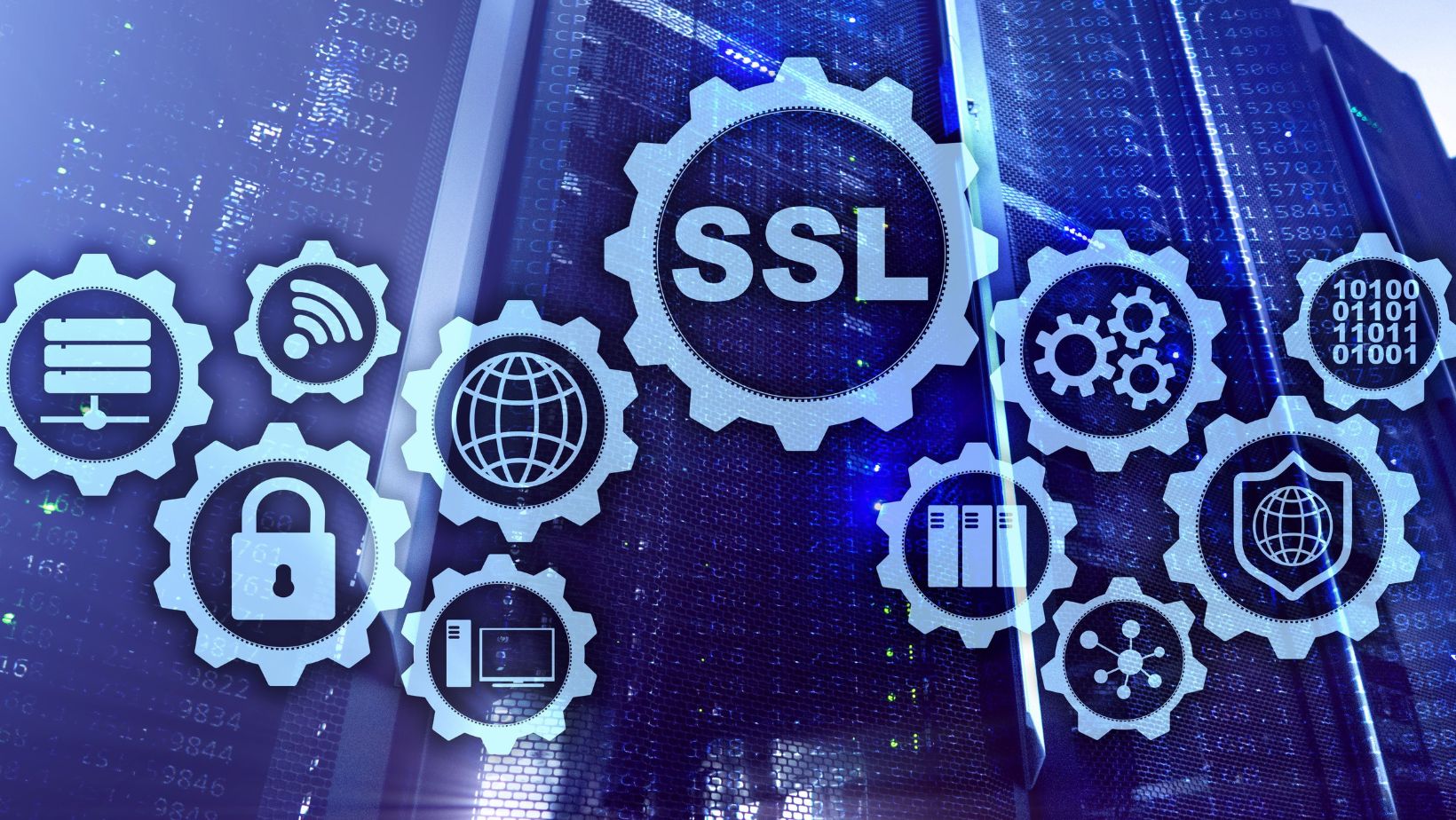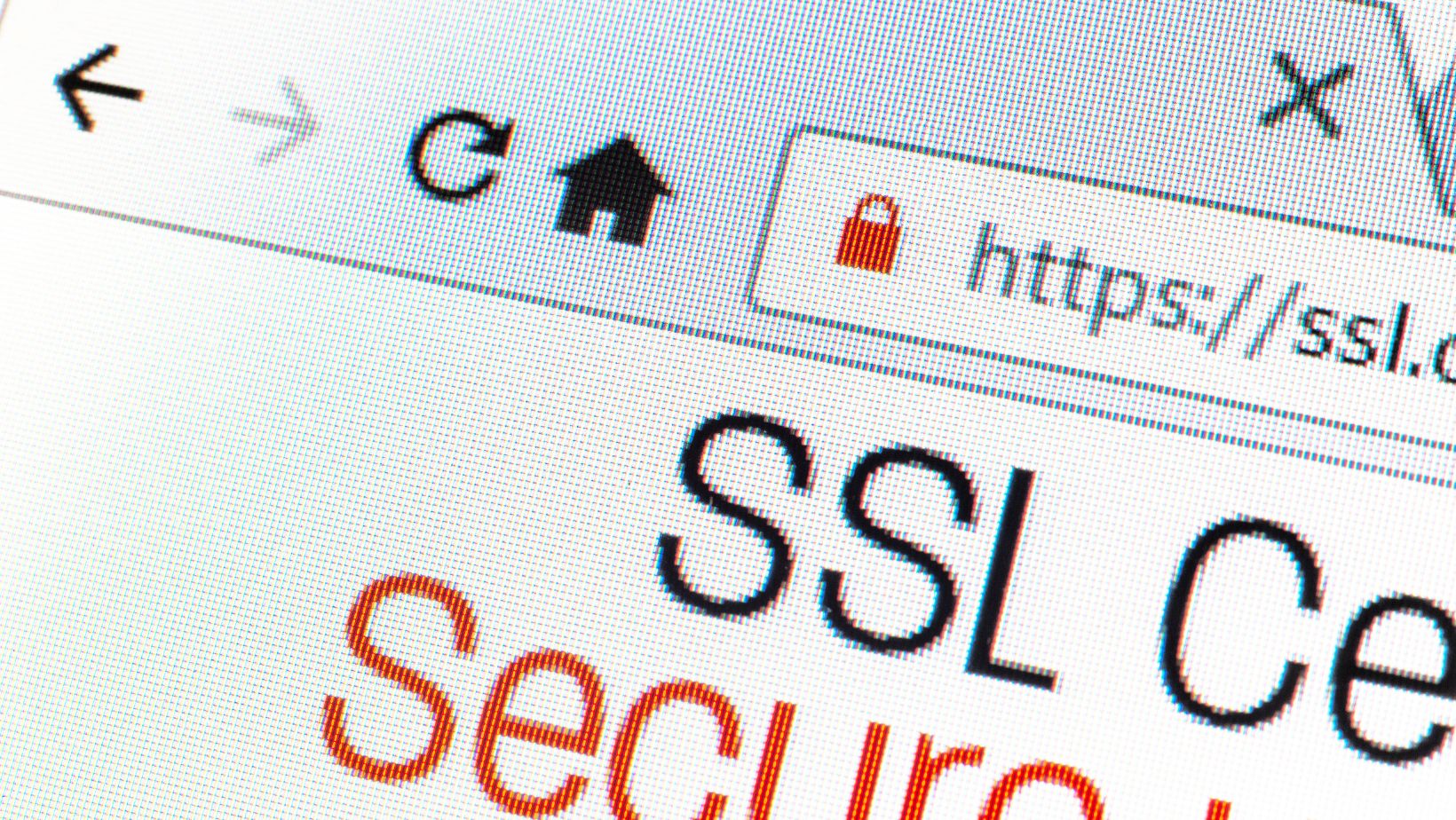
If your website asks visitors to enter sensitive information such as passwords, credit card details, or home addresses, you need an SSL certificate to ensure their data remains private. The certificate also reassures users that they are dealing with a genuine site by showing a padlock icon in the browser bar.
Security
An SSL certificate on a website is crucial for securing and protecting user data from cybercriminals. It is also necessary for businesses to comply with GDPR. Therefore, it is imperative for any business that collects customer data on its site to check an SSL certificate and have it installed. When a site has an SSL certificate, its URL begins with HTTPS instead of HTTP, and a padlock icon appears in the browser’s address bar. This indicates that a secure connection is established, which encrypts data transmission between the server and the user’s browser. This encryption makes it difficult for hackers to intercept or tamper with information.
Additionally, an SSL certificate helps to confirm the identity of a website’s owner. Certificate Authorities must conduct thorough authentication processes before issuing an SSL certificate to ensure the owners are legitimate. This verification process gives users confidence that the website is safe and can lead to improved conversion rates.

On the other hand, browsers may display warning messages when a website doesn’t have an SSL certificate, which can discourage visitors from accessing the site. To avoid this, businesses should regularly check the status of their SSL certificates. A network discovery and certificate management solution, such as Venafi, can make this process more manageable by locating all certificates installed on a network.
Reputation
The best way to attract customers to your website is to show them you’re a trusted, secure, and honest business. With the rise of cybercriminal activity, consumers are becoming more and more wary when donating information to businesses online or making purchases. An SSL certificate on your site can make a big difference in how current and potential customers perceive your business. An SSL certificate proves your website’s identity and protects against data spoofing attacks. This attack involves hackers creating sites identical to yours and trying to steal information or put malware on the user’s computer. If you didn’t have an SSL certificate on your site and a hacker did, the user would be left feeling duped, which could damage their trust in your brand. SSL certificates also give your website a slight boost in search engine rankings. That’s because many leading web browsers display a scary error message on websites that don’t have an SSL certificate, informing users they’re at risk of identity theft and other security issues. That’s a quick turn-off for most users and a big reason to check your SSL regularly.
Trust
An SSL certificate helps build customer trust by ensuring secure web server and user communications. This protects information such as usernames, passwords, and personal details from being intercepted by cybercriminals. SSL certificates authenticate websites, prevent phishing attacks, and reassure users. Web browsers display a padlock icon to indicate a secure connection. Websites with SSL certificates will have a padlock icon, and the address will begin with https instead of http. If the website does not have an SSL certificate, there will be a warning telling the user that the site is not secure and they should not enter any personal information.

SSL certificates come in various types and levels of authentication, with DV SSL being the most basic. These certificates verify the site’s domain name, confirm that it is owned by the registered owner, and add a minor cryptographic key to the web server, allowing a secure connection with browsers. OV SSL certificates take this one step further and validate the business’s legal identity, making them an ideal option for businesses seeking to build customer trust online. In addition to security, SSL certificates also help to improve SEO rankings. This is because Google prioritizes secure websites that give them a higher rank in search results.
Marketing
An SSL certificate is essential for any website that requires visitors to share personal information such as credit card numbers, passwords, and contact details. Without it, hackers can create fake websites similar to legitimate ones and use them to steal data or infect visitors’ computers with malware. The best way to ensure your site’s safety is to use an SSL checker to verify its authenticity and validity. Most browsers will display a warning message when users visit sites that don’t have SSL certificates. With increased concern over identity theft and other cyber attacks, users are less likely to proceed to a non-secure website after seeing such a scary error message. This may lead to decreased website traffic and sales for the business. In addition to protecting sensitive information, SSL certificates give sites a slight SEO boost. This is because Google prioritizes HTTPS sites in search results and displays them higher rankings than their unsecure counterparts. Despite the benefits, SSL is not a magic bullet for online security. Having it is essential, but you must also take other measures to secure your site, including reading seller privacy policies, using strong passwords, and installing an antivirus program on your computer. Also, remember to renew your SSL certificate periodically. Otherwise, it will expire, and you must purchase a new one.
